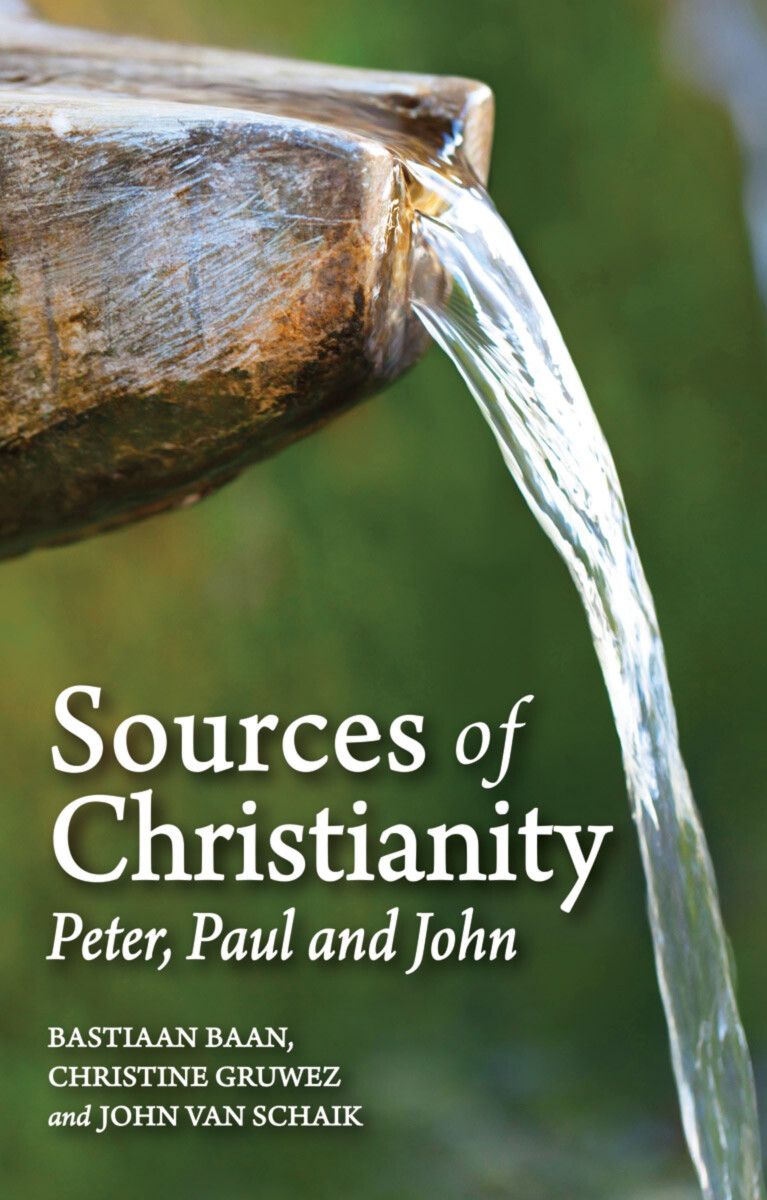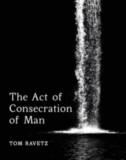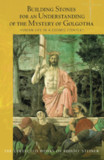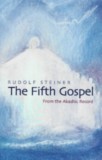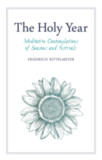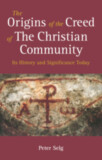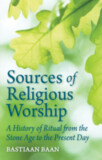Sources of Christianity
Peter, Paul and John
- Publisher
Floris Books - Published
30th October 2017 - ISBN 9781782504290
- Language Dutch; Flemish
- Pages 224 pp.
- Size 6.1" x 9.2"
The three apostles Peter, Paul and John are the most important starting point for understanding the beginnings of Christianity. Each brings a different background and language: Peter's Old Testament imagery, Paul's connection with Greek culture, and John's independent lyricism.
This fascinating book paints a vivid picture of the three, exploring what they had in common as well as their significant differences, and demonstrating their continuing relevance today. The authors start by discussing the pre-Christian context, and finish by tracing the esoteric streams of Petrine, Pauline and Johannine Christianity in the first few centuries after Christ. They show above all that all three are needed to truly approach the reality of Jesus Christ.
“The three authors combine academic thoroughness with a lively capacity to enter imaginatively into their theme, be it the personality of leading figures in the early Christian milieu, or the socioreligious circumstances of those times. The text is accessible and at times has the power to evoke clearly that period of our collective past, which has fashioned us so particularly to be the types of human beings we are today.”
—Camphill Correspondence
“A very convenient summary of much of the early development of Christianity.... The collaboration of the ‘three authors’ works well, for each has his or her own voice, and they admit to not necessarily agreeing with everything each has written, whilst respecting the different approaches. One can only marvel that so much history still has relevance today, as the authors make clear.”
—The Anthroposophical Society in Great Britain
Bastiaan Baan
Bastiaan Baan was born in 1949 in The Netherlands. After finishing Waldorf school, he studied to become a class teacher. He worked and studied for a year in Los Angeles, worked with teachers in Gandhi Schools in India, and then became a class teacher in a Waldorf school in The Netherlands. After seven years of teaching, he studied at the seminary of The Christian Community in Stuttgart. After his ordination as a priest in 1981, he worked in several congregations in The Netherlands until 2013, when he became the director of the priest training of The Christian Community in Spring Valley, New York. In 2019, he returned to The Netherlands, where he lives with his wife, four sons, and ten grandchildren. Several of his books on spirituality and religion have been published in English.
Christine Gruwez
Christine Gruwez (b. 1942) studied philosophy and linguistics at the KU Leuven, the Catholic University in Louvain, Belgium. She met Anthroposophy through the Waldorf school in Antwerp, which her four children attended, and where she taught from 1976 to 1986. She also taught for a decade in the Waldorf Education Training Program. Since 1997, Christine has led seminars and conferences at Emerson College, at the Goetheanum, and in Japan. The publication of Bernard Lievegoed’s Battle for the Soul renewed her contact with the Manichaean impulse. Having studied the language and texts at university, her life’s research question became: How can we actualize what historical Manichaeism has initiated in human history? Christine has followed the history of Mani and his communities throughout the Far and Near East, from the Balkans to North Africa, Iran, Uzbekistan and Tajikistan, along the Silk Road to Japan. Her book, Walking with Your Time: A Manichaean Journey, addresses ways to become a contemporary human individual and the question of good and evil in our time.
John van Schaik
John van Schaik studied medieval mysticism and gnosticism at the University of Utrecht and the University of Antwerp. He specialized in the relationship between esoteric Christianity and the established Church and received his PhD from the Catholic University of Nijmegen. He helped establish and directs the Origenes Institute in the Netherlands.


